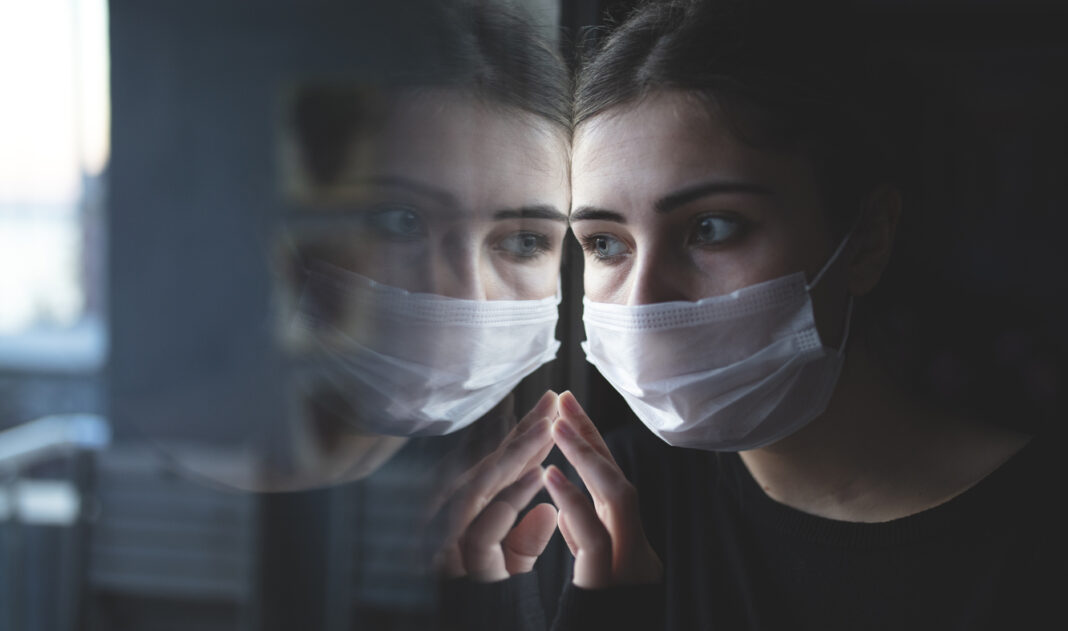A new study from the Australian Catholic University (ACU) has found young Australians surveyed during COVID-19 experienced a sharp drop in mental health, but their trust in government improved after years in decline.
The results were part of Our Lives, a wide-ranging longitudinal study of more than a thousand 27-year-olds. In longitudinal studies researchers repeatedly examine the same individuals periodically, to detect any changes.
This cohort began secondary school in Queensland in 2006 and are now in their late 20s.
They are regularly revisited for their experiences and opinions on issues of careers, relationships, political positions, and mental and physical health.
Australians found the onset of the pandemic tough
The survey results show that many young Australians found the onset of the pandemic tough, with more than half experiencing a negative impact from the national COVID-19 lockdown restrictions.
ACU Vice-Chancellor and the study’s lead researcher, Professor Zlatko Skrbiš, said the most concerning result from the COVID-19 study was the substantial decline in mental health experienced by many of the young people.
“We’ve been tracking this cohort for 15 years and have seen a steady decline in their mental health. But with COVID we saw a much sharper drop,” Professor Skrbiš said.
Forty-four percent of the group described their mental health as only fair or poor in June 2020, compared with 39% just six months earlier.
“Secure housing and stable relationships were the best buffer against negative psychological impacts,” Professor Skrbiš said.
Feeling lonely or isolated, lacking personal space or alone time and greater tension in the household were common problems; as were economic impacts, with 28% of the cohort experiencing a job loss or a reduction in work hours or pay.
On the other hand, one-quarter of the group reported the national COVID-19 lockdown restrictions had a positive impact on their lives, enabling more personal time and strengthened family or partnership relations.
Trust in politicians went from a mere 7% to 17%.
Civic trust increased, with medical experts having the most trust at 96% but the news was encouraging for government too with Australian Government trust up from 31% to 45% and trust in politicians went from a mere 7% to 17%.
There was widespread support for the government’s policies on COVID restrictions with almost three-quarters indicating that the measures taken were ‘about right’.
Of those who didn’t, the overwhelming majority favoured tougher restrictions.
Support for compliance did not extend to downloading the COVIDSafe contact tracing app, though, with 57% opting not to install the tracing app on their phones – most of whom cited concerns about privacy.
Professor Skrbiš said the sudden, mass social and economic disruption posed heightened risks to the social, economic and psychological well-being of the cohort.
“Our research suggests both the risks and opportunities posed by COVID-19 are being experienced unevenly within the cohort, with the potential for a widening of social inequalities.”



